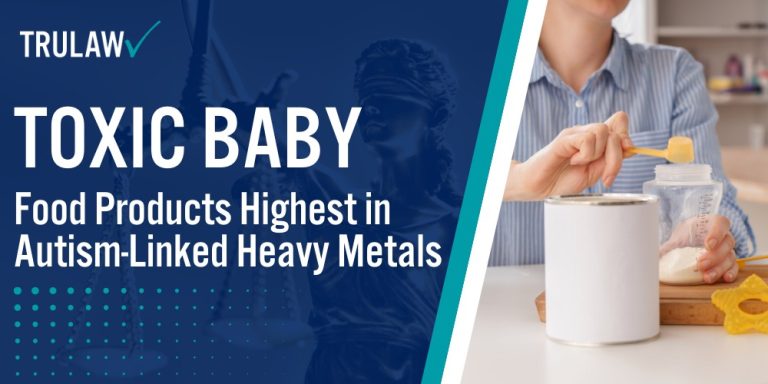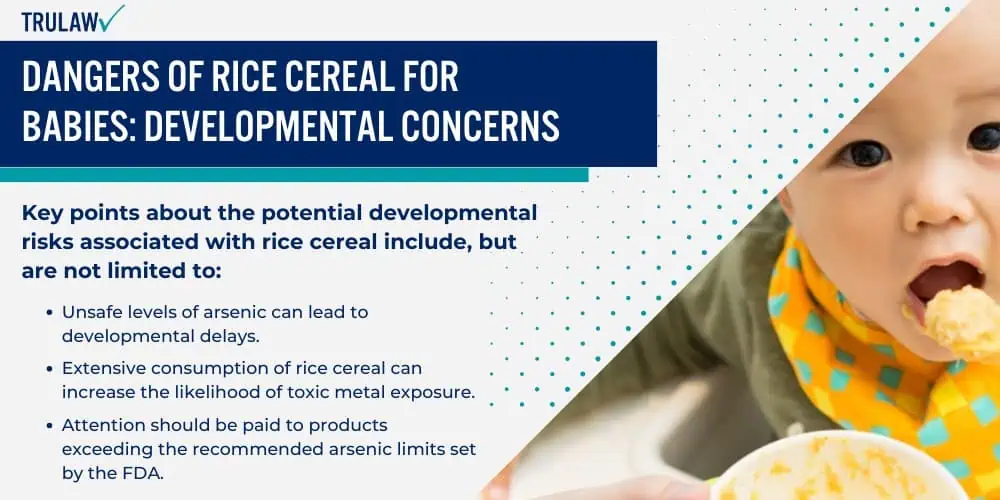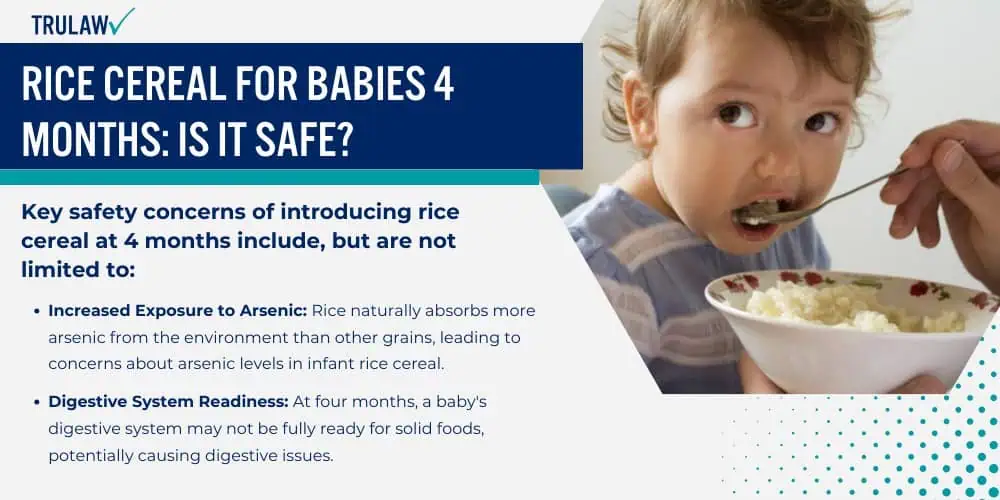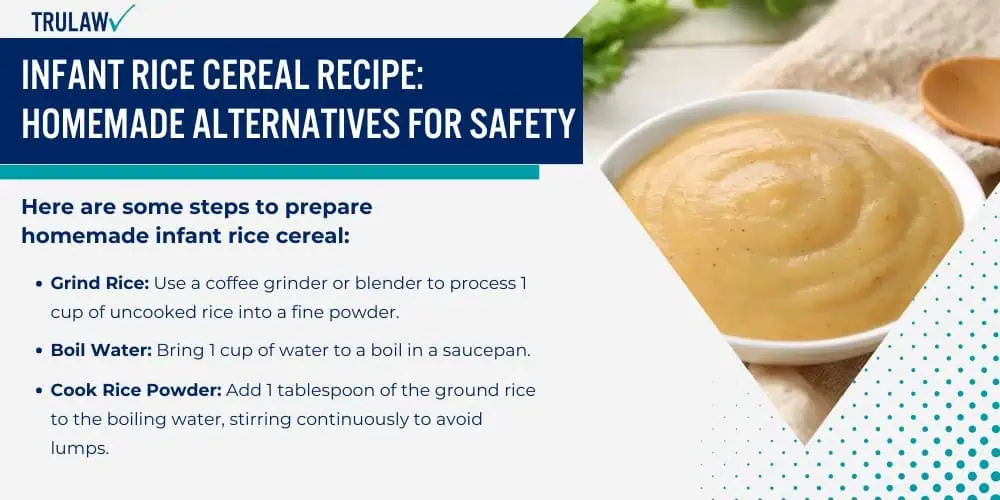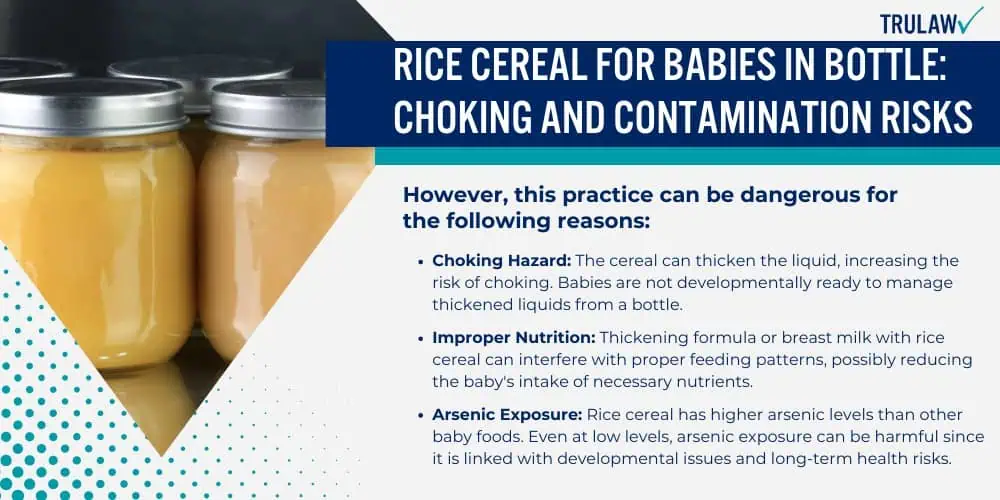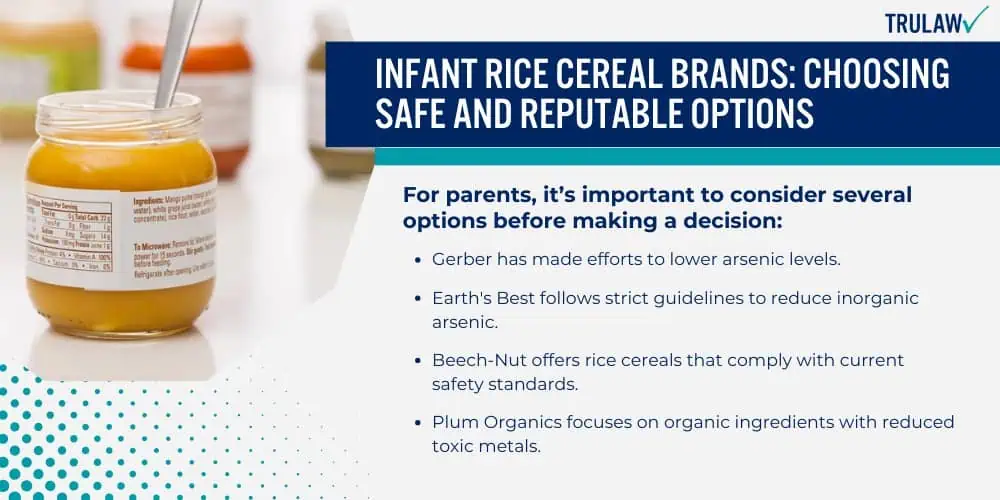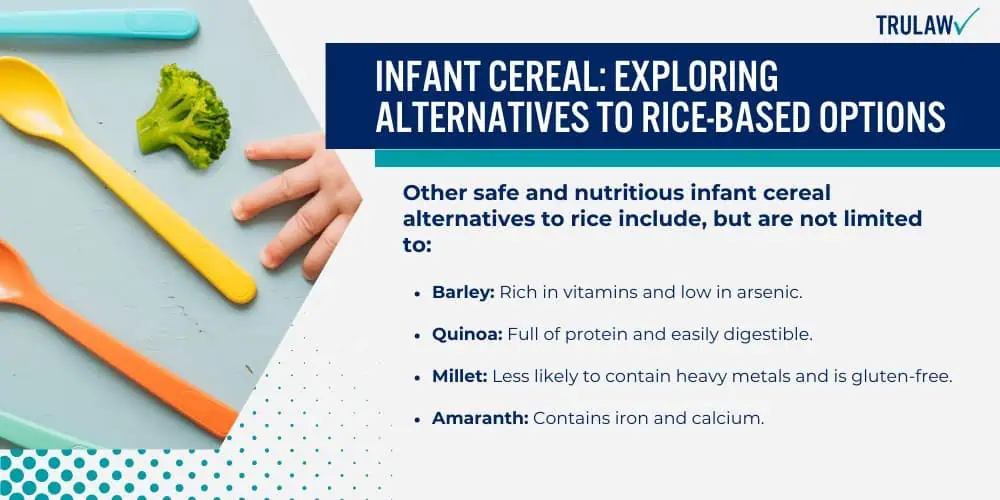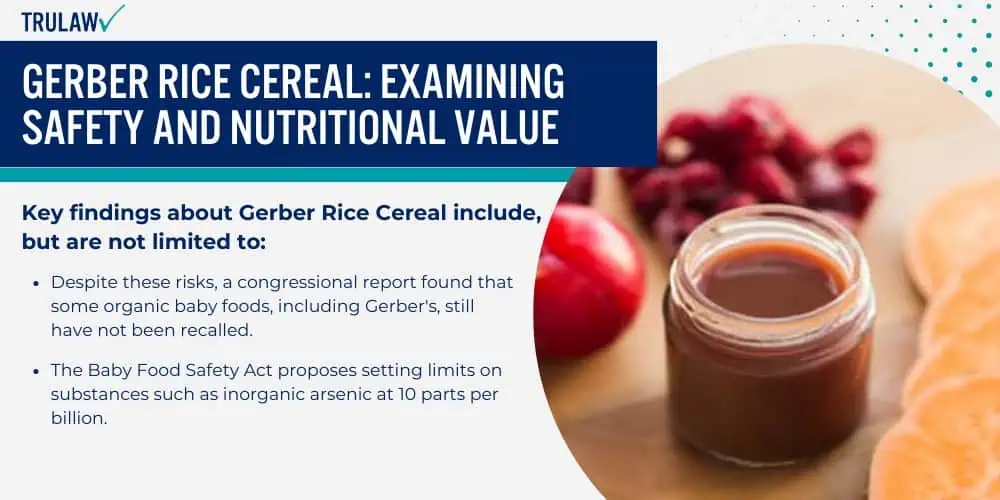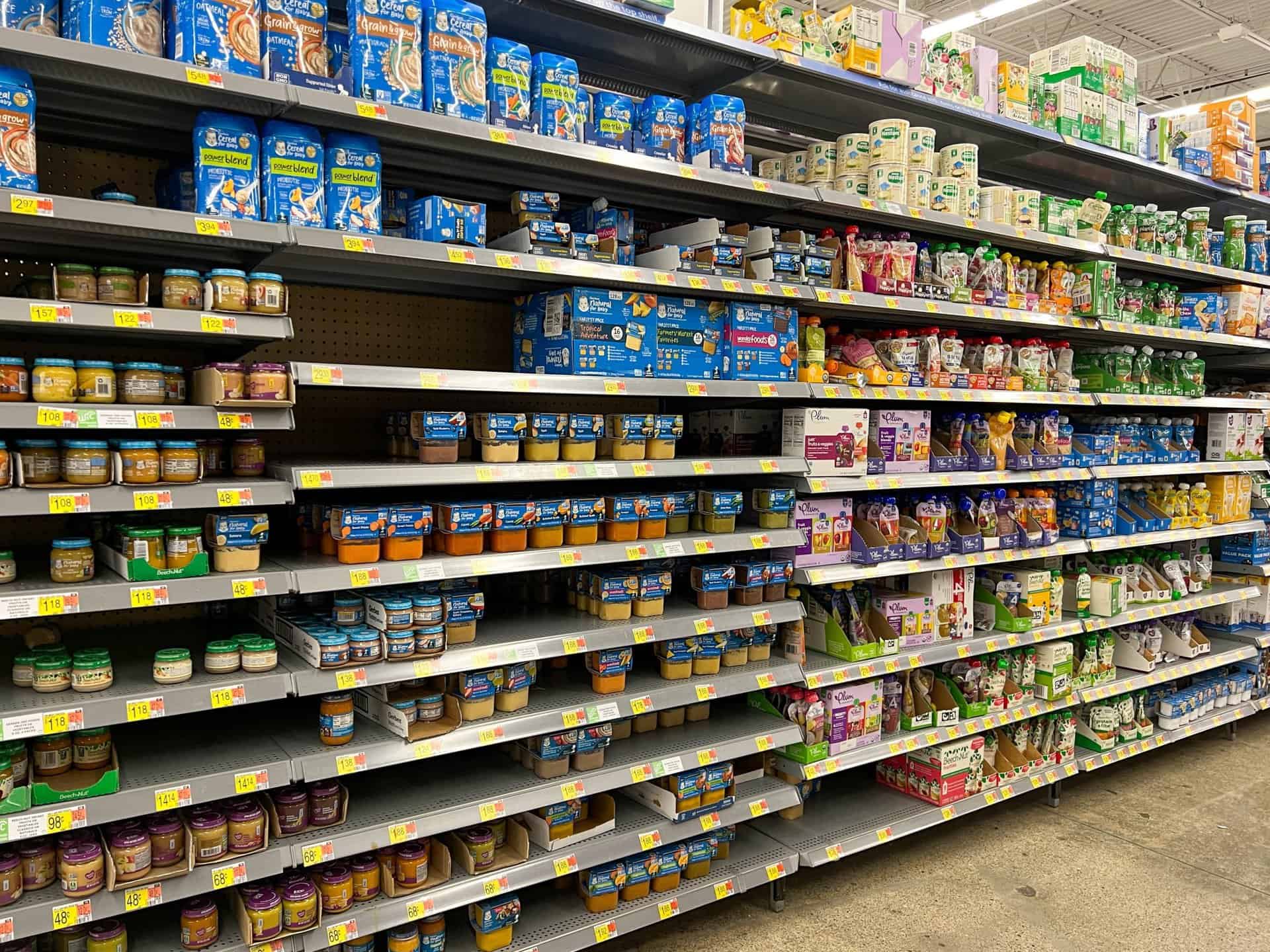Infant rice cereal continues to be a concern due to the high risk of heavy metal contamination, including toxic metals such as arsenic, lead, and cadmium.
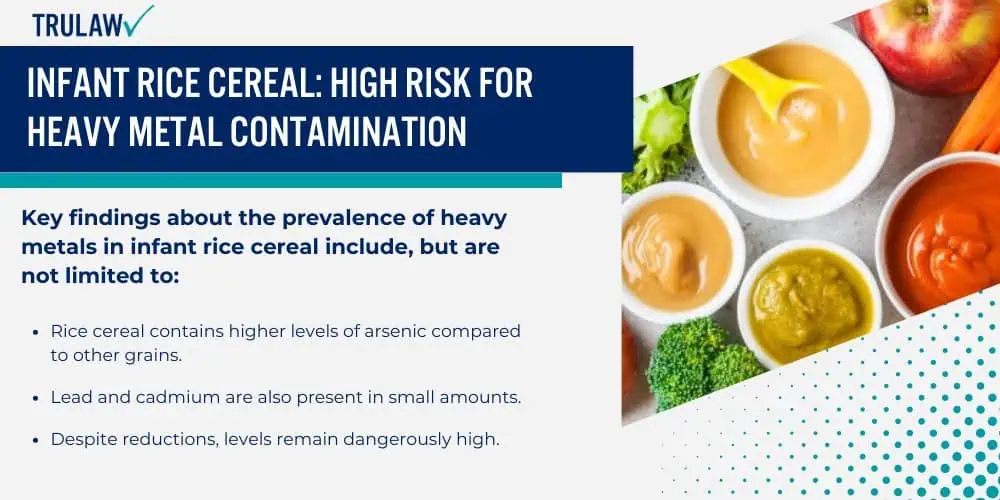
Addressing this risk is essential to ensure the health and safety of infants.
Prevalence of Heavy Metals in Infant Rice Cereal
Concerns about heavy metals in baby food are well-documented, with rice cereal standing out as a significant source.
Since rice is cultivated in water-logged conditions, it readily absorbs arsenic from the soil.
The FDA’s sampling of infant rice cereal since 2011 has shown that manufacturers have made progress in reducing arsenic levels through selective sourcing, but risks persist.
Even with efforts to mitigate contamination, the presence of arsenic continues to be higher in rice-based foods compared to others.
Key findings about the prevalence of heavy metals in infant rice cereal include, but are not limited to:
- Rice cereal contains higher levels of arsenic compared to other grains.
- Lead and cadmium are also present in small amounts.
- Despite reductions, levels remain dangerously high.
- Efforts are ongoing to decrease contamination through better agricultural practices.
However, consistent monitoring and regulation remain necessary to ensure these efforts translate into safer infant products.
Health Risks Associated with Rice Cereal Consumption
Exposure to heavy metals in baby food poses serious health risks for infants.
Arsenic, lead, and cadmium are known to affect neurodevelopment, potentially leading to cognitive and behavioral issues.
The American Academy of Pediatrics suggests limiting crisped rice cereal and diversifying grains to minimize these risks.
The main health risks include:
- Neurodevelopmental delays affecting learning and behavior.
- Increased cancer risk due to long-term exposure to arsenic.
- Immune system impacts, leading to greater vulnerability to diseases.
- Cardiovascular problems arising from the toxic effects on heart health.
Parents are encouraged to:
- Offer a variety of grains, reducing reliance on brown rice.
- Consult with pediatricians about safe feeding practices.
- Stay informed about regulatory changes and safety standards.
Parents can better protect their children from potential heavy metal exposure by reducing the intake of rice cereal and being vigilant.
Relevant regulations, such as the Baby Food Safety Act of 2024, aim to set maximum allowable limits to further safeguard infant health.
